Doctors issue warning over life-threatening disease as cases spike in children
The disease can be treated with immunoglobulin, a medicine made using blood plasma
The number of children being treated for Kawasaki disease has risen dramatically by more than double over the last five years.
Experienced mostly in children aged five and below, the NHS has issued a plea for more plasma donations as cases rise.
Latest figures from NHS Blood and Transplant revealed a total of 706 children needing treatment for the disease between 2020-21.
The new figures compare to an average of 336 children each year needing treatment for the condition over the past five years.
If left untreated, Kawasaki disease can be fatal.
It is not wholly known what causes Kawasaki disease to materialise but it has been shown to not be contagious or able to spread to others.
The disease causes swelling of the blood vessels around the body, showing up through a rash and high fever.
It is the leading cause of heart disease among children under five with the possibility of blood vessels swelling around the heart.
Dr Vijaya Soma, from the department of pediatrics at New York University’s Grossman School of Medicine told Everyday Health: “The most serious possible consequence is inflammation of the vessels that supply blood to the heart.
“The main reason we treat Kawasaki disease is to try to prevent these possible cardiac outcomes.”
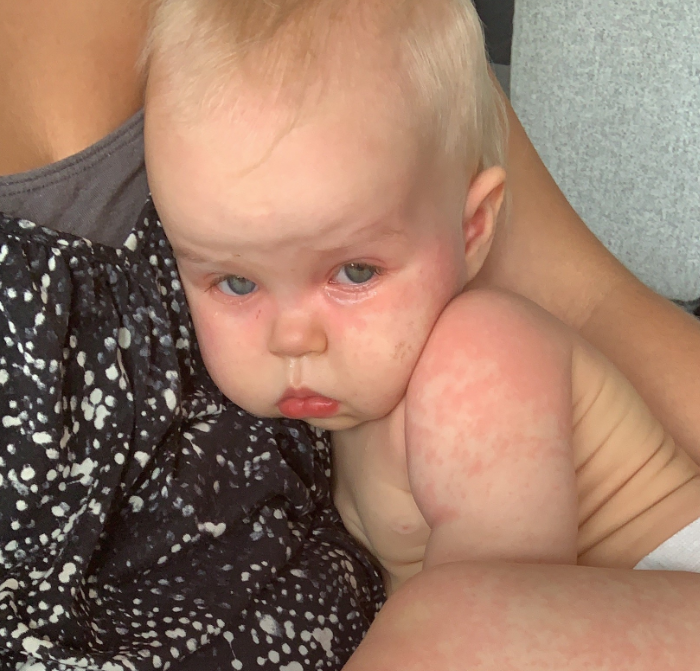
Successful treatment for the disease is through high doses of immunoglobulin, created through blood plasma, and administered through an IV drip.
Plasma is filled with antibodies which are effective at treating infectious diseases.
Between 1998 and 2021, the government restricted the use of plasma for immunoglobulin as a precautionary measure, leading to a reliance on imported supply.
However, the government recently decided to restart its national plasma collection efforts after international imports have become more scarce due to global supply problems.
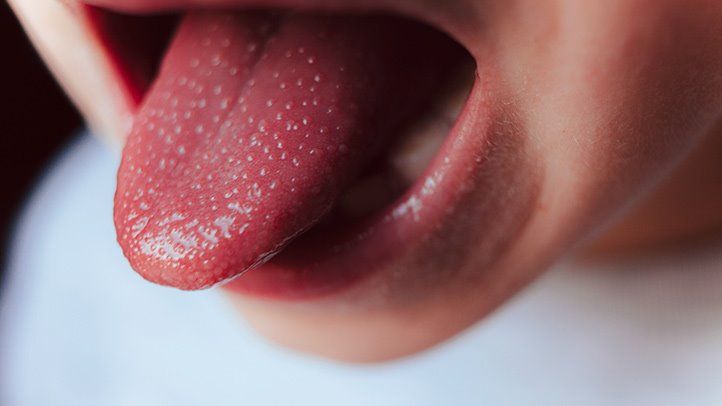
Currently, only 5,850 plasma donors are registered, just over half of the 10,200 needed for adequate supply.
Gerry Gogarty, director of Plasma for Medicines at NHS Blood and Transplant told Sky News: “There is a rising need for plasma donors to help treat life-threatening immune disorders such as Kawasaki disease.
“You can help by donating plasma or blood - you have a medicine in you.”

Kawasaki disease was the focus of research originating in the Covid-19 pandemic, as a high number of critically ill children exhibited similar symptoms while being treated for a Covid-19 infection.
Reports emerged around the world of similar cases throughout 2020, leading to the government issuing a warning to parents to be vigilant for symptoms.
The research later established the discovery of a new disorder: paediatric inflammatory multisystem syndrome (PIMS), a rare and distinct inflammatory condition in children linked to the Covid-19 infection.
Dr Elizabeth Whitaker, consultant in paediatric infectious diseases and immunology at Imperial College Healthcare NHS Trust, and lead researcher on the project said: “We were basing our treatment choices on our past experiences of dealing with Kawasaki disease and toxic shock syndrome, but we needed to be more certain about the most effective treatments for PIMS.
“We know now that early treatment and close monitoring is key to preventing severe outcomes.
“If treatment is started early enough, you can stop the inflammatory process and decrease the risk of a child being admitted to intensive care.
“It’s vitally important that we find answers to these key questions in order to help children and young people, and continue to build on the incredible collaborative work that we’ve seen throughout the pandemic.”
The NHS is now taking dedicated plasma donations in Birmingham, Reading and Twickenham, since it restarted plasma donations for immunoglobulin in 2021.
Health minister Neil O’Brien said: “More plasma donors are needed to treat Kawasaki disease and we are working closely with NHS Blood and Transplant to boost supplies so we can provide the best possible care to patients.
“Thank you to existing donors who have generously come forward. If you can, please consider donating blood or plasma - it could save someone’s life.”
Join our commenting forum
Join thought-provoking conversations, follow other Independent readers and see their replies
Comments
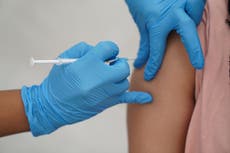

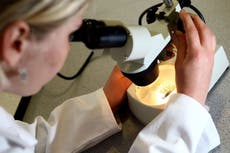


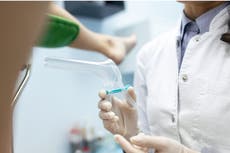

Bookmark popover
Removed from bookmarks